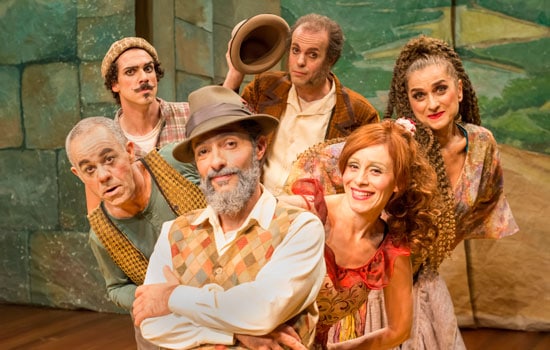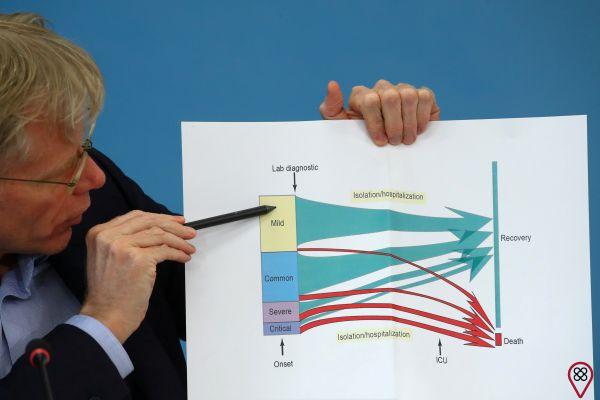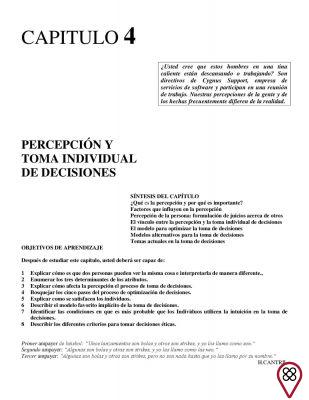It is the answer to this question that will make you find the motivation to face all the challenges that will come with the decision to pursue a Masters/PhD. The answer will also direct you to find the ideal course for your purpose. After all, it is a lifetime investment, which cannot be done lightly.
Starting on the right path, you find more security to walk all the necessary steps. One of them, as everyone knows, is the interview. Knowing “what you want” and “why you want it”, you will already be at an advantage to have an excellent performance.
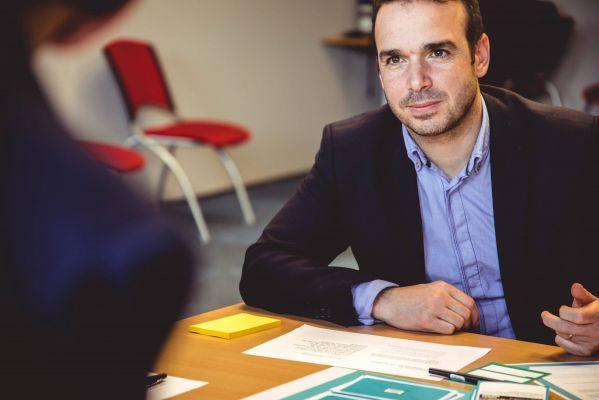
The interview is carried out by the professors of the course and aims to know their preparation, their profile as an academic. It is difficult to predict what will be asked, but the main focus of the interview will be the research project you submit to apply.
Therefore, it is very important that you pay close attention to the tips below:
Get to know the program of the course and the research of the professor you want as an advisor - knowing the program, you can think in advance what characteristics you present to meet the candidate profile that the program seeks and thus you will have more confidence to answer the questions ( being safe is key). Also, if any specific questions about the program are asked, you will be aware. Also, it is essential that you know the work of the teachers who are available to be advisors, so that you demonstrate maturity about what you want. If it is the case that you already need to indicate the name of a possible advisor, you should know well what the professor you are targeting as a supervisor is researching. You should know what he/she is researching, which theorists he/she is based on, which topics he/she has been guiding, etc. Be ready to say “what the bank wants to hear” from you.
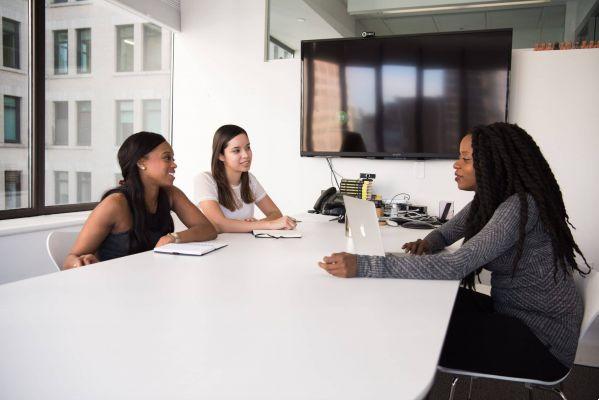
Be very sure of what you are looking for with this postgraduate degree and have a clear objective – interviewing professors look for people who are committed to study and research. So, if you don't know why you are applying for a master's/doctoral degree, you will have a low level of commitment. So be clear what your purpose is when looking for this academic growth, know where it will take you, what you will achieve with the title of master or doctor.
Have the profile of a researcher, even if you have never carried out a research – no professor wants to teach “be-á-bá” to those who have reached this academic level, because it is already expected that the person knows the elementary with regard to research. Therefore, seek to know how research in your area is carried out, what methodologies are used, what an article is and how it is published, what is the Qualis system of journals. Finally, demonstrate autonomy and assume the profile of a researcher already in the interview.

Know your research project very well – as I said, the main target of the interview will be your research proposal, therefore, it is essential that you firmly know each line of your project. You should talk about your project as if you were talking about your own story. No hesitation when clarifying what you propose. Have full mastery of the reason that led you to propose the theme, what motivated you to propose it, why your research is relevant, what is the differential it brings, what the authors you use in your theoretical foundation defend and why you propose such a methodological approach. But, even mastering your proposal, don't show yourself stuck with it, because the advisor may want to propose something different, so be open to other possibilities.
Show willingness to dedicate yourself to your studies – this is important, because many people start a postgraduate course and then are unable to continue their studies, which is a negative aspect for the program, which ends up losing points in the evaluation it undergoes. Because of this, teachers look for people who, in addition to having autonomy, meet deadlines and this implies having time for studies. So, before you propose to do a master's/doctorate, organize your life, set aside time for your studies, and if asked, reveal this in the interview.

Now talking a little bit about specific public speaking tips, I would say: be yourself above all. Don't try to create a character, because you would show inconsistency in your posture. The teachers doing the interview are very experienced and would easily notice that you are not being you.
Be honest and objective in your answers to maintain consistency about what you say and not run the risk of contradicting yourself. Don't try to show that you know more than you actually know, as the "good talker" type is not well regarded, as it does not show commitment. You also shouldn't be confused when presenting your ideas, because this generates distrust in those who listen to you. Try to be clear in what you say, using few words. But be careful: being objective does not mean being superficial! Say what needs to be said to make your ideas clear.
You might also like:
- How to be more objective in your presentation
- 4 Strategies for Being a High Impact Speaker
- How to overcome the fear of public speaking in 6 steps
Keep your body language safe. Teachers will hardly want to have someone who doesn't have a firm stance and who assumes a victim stance as a guide. Master your emotions and it will show in your body. Know that the body speaks, even if we are not aware of it. Although emotional intelligence is not always talked about in the academic space, a lot is observed about it.
Look into the eyes of the bank. Connect with teachers so they listen to what you say. It also demonstrates that you treat them with respect, but without subjugation. We lower our heads or don't face it when we are in front of an authority and are afraid of it. Surely, that shouldn't be the case for you.

Keep an expression of lightness and adapt your mood to the bank. Don't be too smiley in front of a very serious bank, but you also don't need to exaggerate seriousness, if the bank is receptive. Seek balance, “dance to the music”.
You may have realized that in order to meet all these requirements above, you need to prepare in advance. You can't want to get into a stricto sensu postgraduate course at the last minute. So don't hesitate, start preparing now. Good luck!
Master Oratory. Practice! Communicate!













